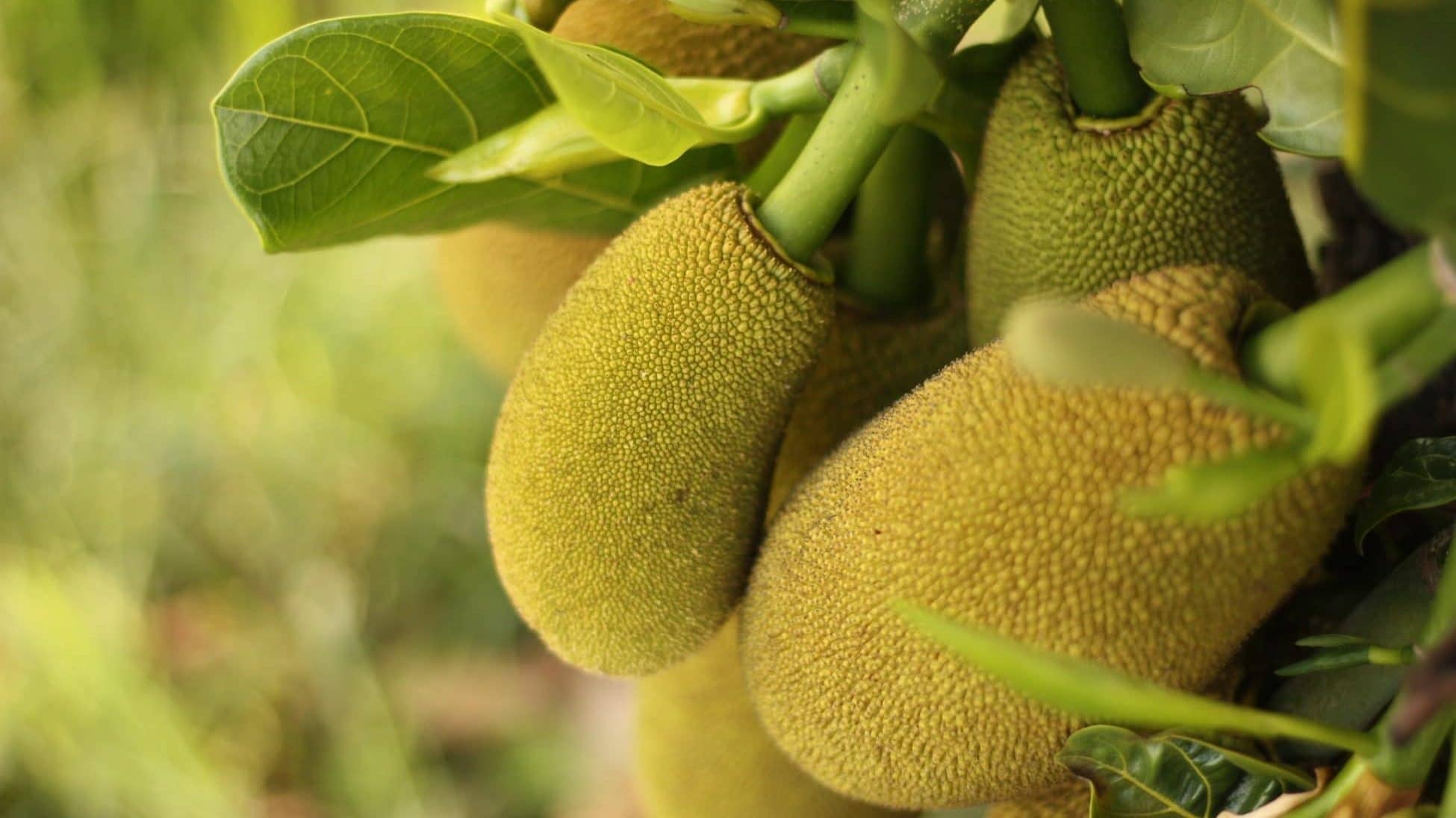Meet the superfoods revolutionising Mediterranean menus

Spirulina, pout, chia seeds and jack fruit. These are just some of the superfoods that certain restaurants along the Côte d’Azur have added to their menus as they hope to offer more innovative dishes that are bursting with surprising flavours, health benefits and doing less harm to the environment.
Shaded by the olive trees growing in this fragrant garden, nestled on the roof of the luxury wellness centre Thermes Marins Monte-Carlo, restaurant chef Jean-Laurent Basile picks spruces of pineapple sage and handfuls of rosemary. In just a few hours, this fresh produce will be used in dishes in gourmet restaurant L’Hirondelle. “You only have to climb up a few steps to get to this garden and it’s filled with all sorts of plants. Every morning we pick the herbs we’ll need for our dishes, as well as fresh mint for our cocktails. An effective solution against waste!”
Here, guests can enjoy healthy dishes, some of which are detox, and even gluten free or vegan. An incredible view of Port Hercules and the stunning Mediterranean horizon compliments these dishes wonderfully. As well as this, the more adventurous diners can delight in dishes made with sustainably sourced fish, such as pout, “a less well-known fish that is slowly replacing cod, today’s victim of overfishing.”
There is no ingredient richer in protein than spirulina, a green algae that boosts the immune system
Jean-Laurent Basile, Chef at the restaurant L’Hirondelle
Spirulina, “the steak of the sea”
Baobab, camu camu and spirulina are three of the superfoods that have been used in cocktails at the restaurant L’Hirondelle over the last few years. “There is no ingredient richer in protein than spirulina, a green algae that boosts the immune system,” explains Jean-Laurent Basile, Head of the restaurant. It has even earned the nickname “the steak of the sea”! “It’s a delicate ingredient that does not take well to being cooked. We use it in sauces or vinaigrette dressings for our dishes.”
>> READ ALSO: Monaco’s restaurants launch special offers for Grand Prix diners

Jean-Laurent Basile explains how “cooking with new ingredients prevents sameness… but this must be done with respect for the environment and when sourcing ingredients, an acceptable carbon footprint has to be maintained.” The chef also now offers organic French quinoa to his guests: small grains grown originally on the Andean plateau in South America.
In Nice, the vegan restaurant Koko Green has gone crazy for another South American grown product that could soon transform the patisserie world: chia seeds. “Once soaked in water, they can replace eggs in cakes, or even in bread too,” reveals Nicholas Tempest, chef and co-founder of Koko Green, before letting us in on the secret to a superb recipe, “a 100% vegan chocolate brownie made with chia”, which can be found on the restaurant’s Instagram page.

Jack, a fruit that tastes like meat
Once cooked, its fibrous texture is very similar to pork.Nicholas Tempest, chef at Koko Green, a restaurant in Nice
Over at Koko Green, their eggs, tuna and chicken are all completely vegan, deriving their protein base from chickpeas and soya. Continuing to broaden their culinary horizons, the restaurant is one of many vegetarian establishments including jackfruit on their menus: a superfood grown in South East Asia. Covered in little green bumps, an exotic jack weighs at least 30kg and can easily grow to 90cm tall. “It’s the biggest fruit in the world!”, says Nicholas Tempest, who loves to cook it smoked and serve it in tortilla wraps.
“The jack is picked before it’s ripe, when it isn’t yet sweet. Once cooked, its fibrous texture is very similar to pork.” According to Nicholas Tempest, cooking with jackfruit, even if it has been imported from Asia, as opposed to using meat, which produces more CO2 emissions, is “the best thing each person could do to help the planet.”
>> READ ALSO: Wines of Nice: Exceptional and little known









